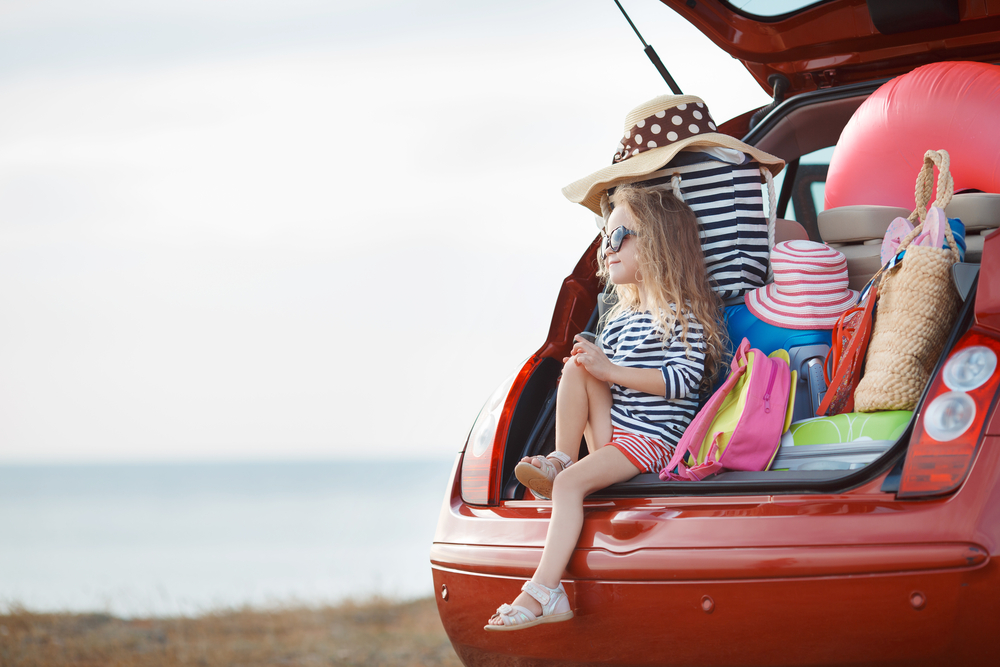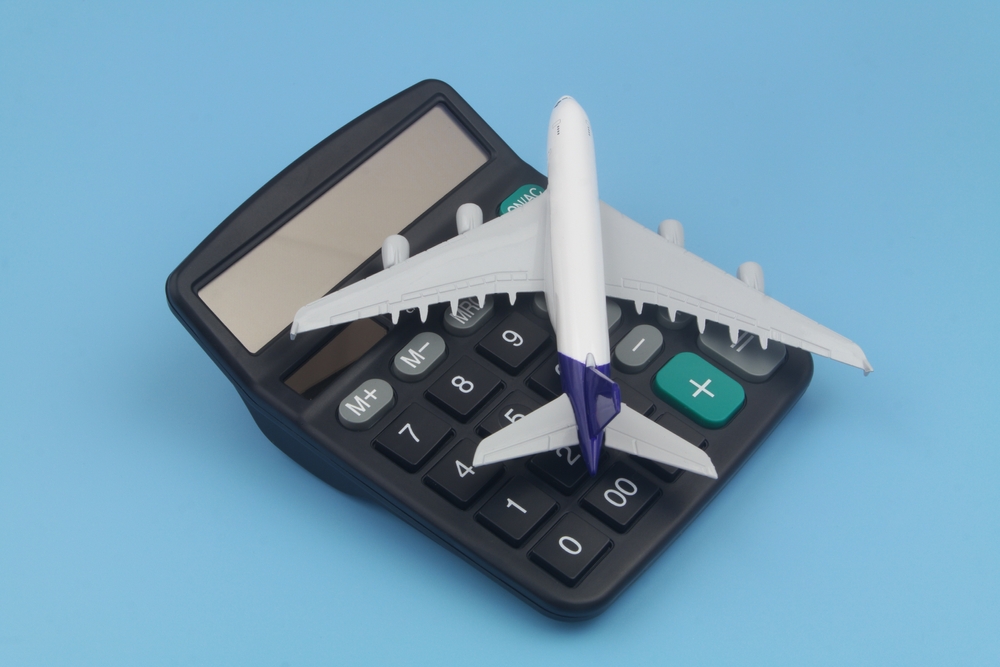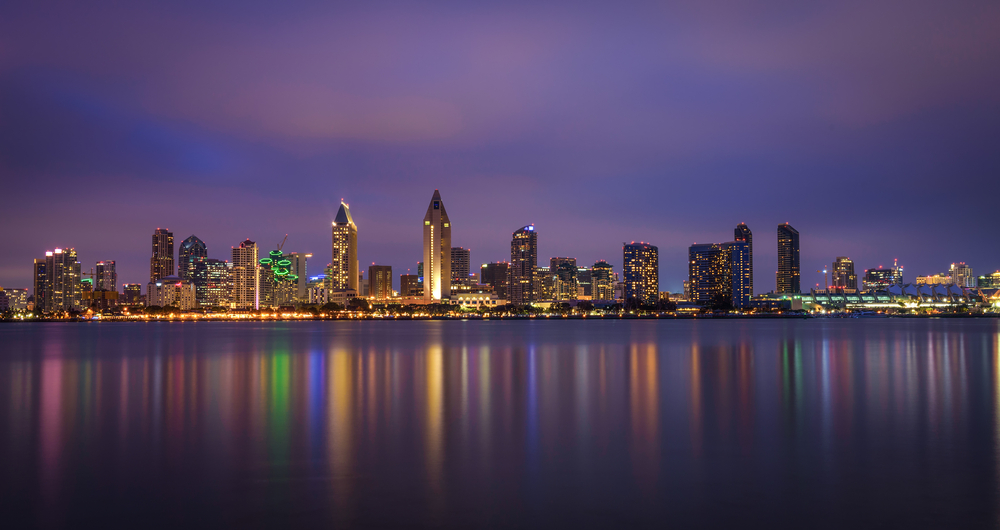Thanks to the celebrity airport looks and vacation looks, we have all realized the importance of looking fabulous while travelling. In today’s times, where shooting Insta reels and taking selfies is a must-do thing to keep everyone posted about your travel diaries, it is essential to showcase your stylish side!
From what type of fabrics to choose to accessories to flaunt, your travel outfits should be a fine blend of comfort and style! Here are 5 styling tips to ace your travel fashion game:
Pay Attention to the Fabric
Fabric plays a prime role in making sure you look your best and feel comfortable while travelling. Choose outfits that are made of lighter and breathable fabrics such as organic cotton, linen, viscose rayon, Tencel, etc. Easy-to-carry ensemble choices like plain or printed tees, denim shirts, jeans, and shorts make a practical choice for your travel wear. Also, ideally, wear clothes that are wrinkle-resistant which will ensure that you look stylish and presentable even after a long journey!
Layer Your Clothes
When travelling by plane, train, or taking a boat ride, you will instant change in temperature. To beat the cold, you can layer your chosen outfits with layered pieces of clothing like a sweatshirt, sweater, shrug, jacket, and more. Select the layering outfits depending upon the current temperature of your city or the chosen destination for vacay. For example, opt for lighter fabrics like modal when don’t require a warmer jacket or sweater. Plus, you can always remove the same when it feels a little too warm.
Pick Outfits With Pockets
It is better to carry outfits with pockets that come in handy for carrying your phone, money, handkerchief, and more. Pockets add a distinct and fun addition or detailing to clothes. Plain or printed tops, hoodies, jackets, jeans or shorts with pockets look attractive and give a stunning look.
Pick Versatile Outfits
Wear or carry some versatile outfits like a jumpsuit, monochrome co-ord set, kaftan, or jacket with you. Co-ord sets and jumpsuits make a fuss-free and chic option to keep it stylish on vacation. Also, a basic tee and jeans clothing combo can be layered with a shrug or jacket.
Accessorize it Well
Carry essential accessories like a lovely scarf or hat to upscale your travel styling game right. A printed scarf can make a lovely addition to a plain shirt or top. Additionally, you can carry a mini handbag or fanny pack bag to carry essentials like passports, tickets, money, and more.
Also, you can accessorize the chosen outfits with minimal yet striking jewellery pieces like stud earrings, think chains with a pendant, or bead bracelets. Keep accessories to a minimum yet interesting!



